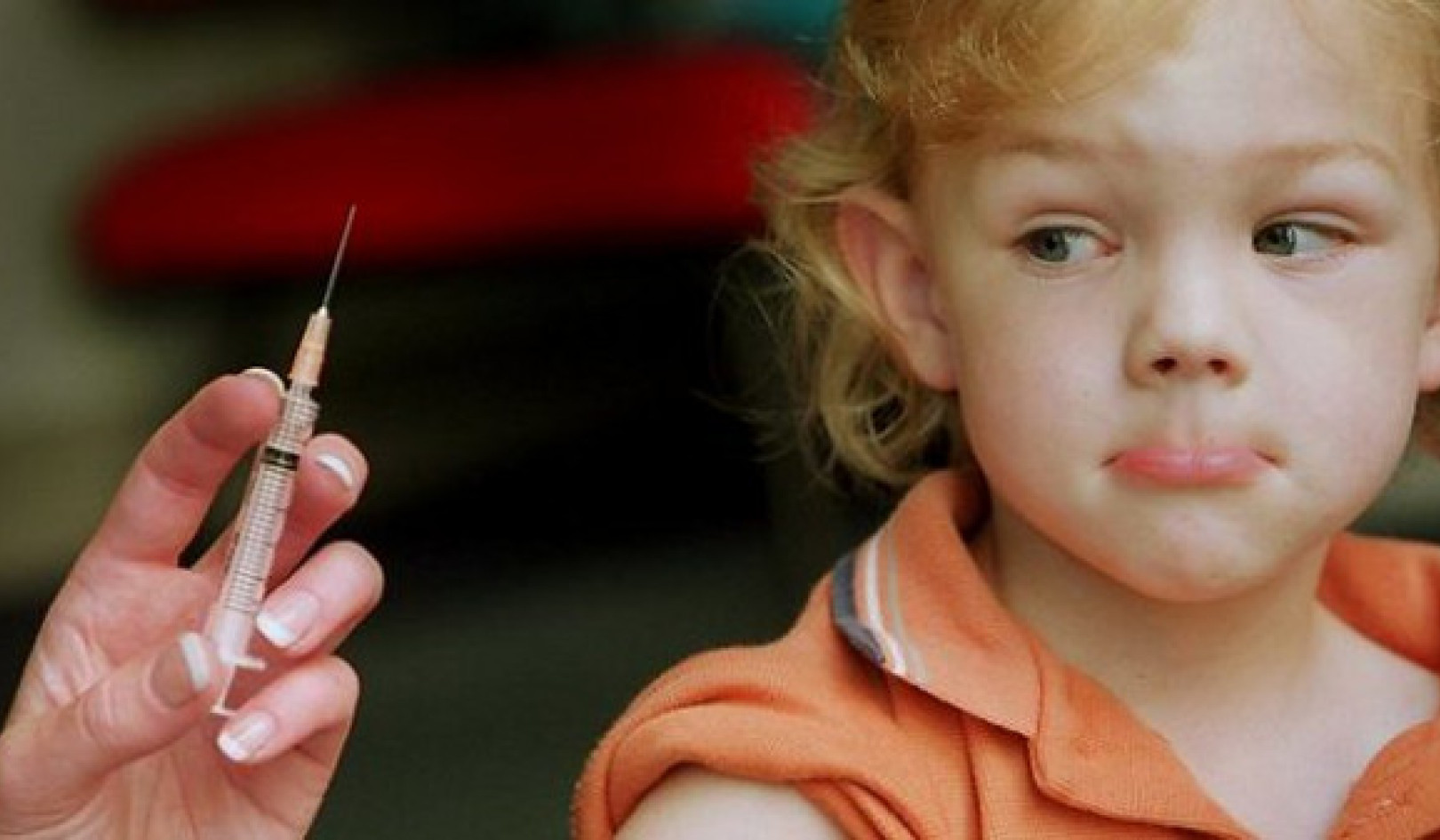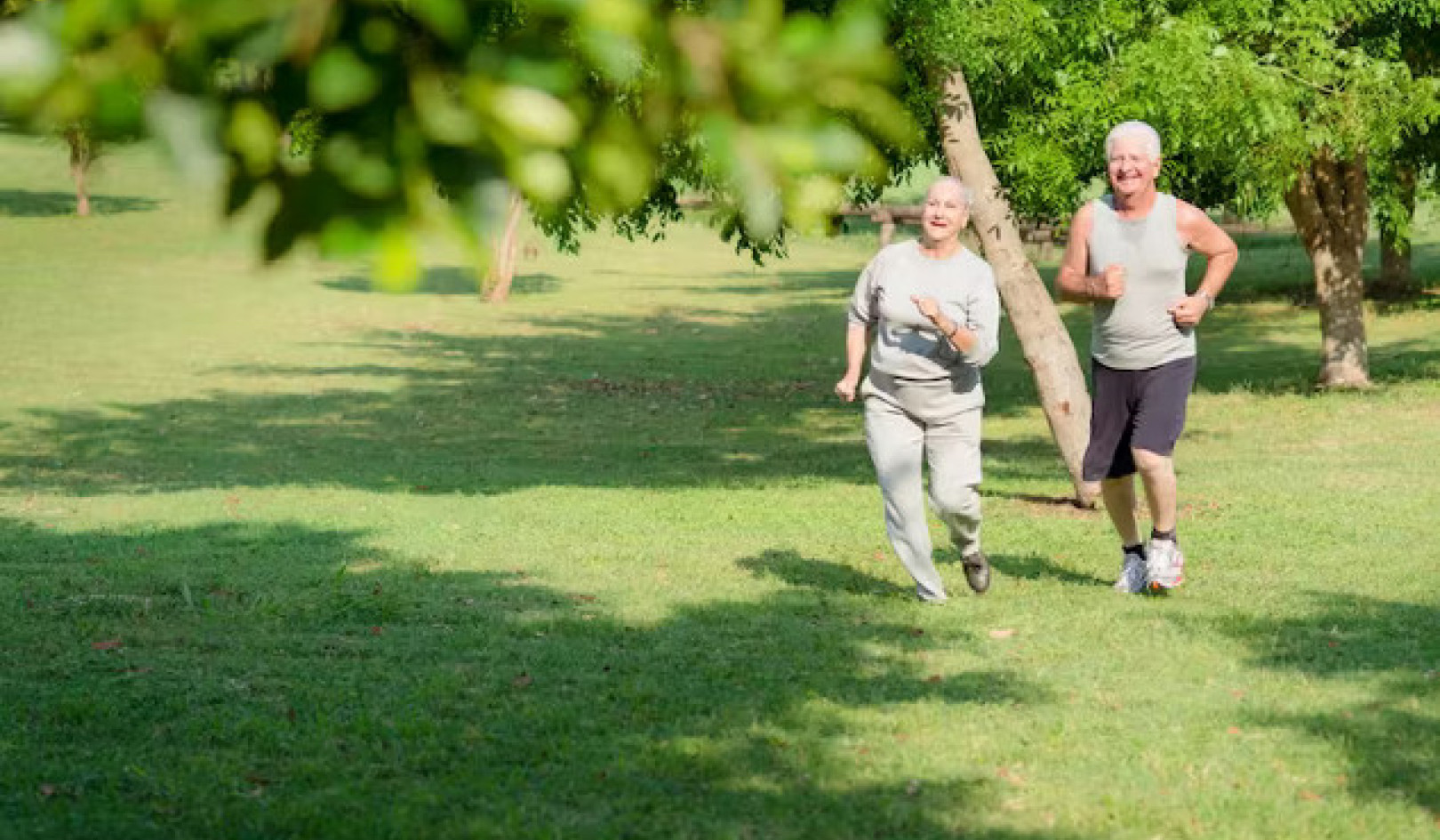Almost two-thirds of Australian adults and one in four children are overweight or obese. Excess weight is responsible for 7,200 deaths each year in Australia, as well one in five heart attacks, half of diabetes, and other problems such as reproductive complications and back pain.
Economically, obesity costs Australia A$38 billion a year, through more than four million days lost from work, over A$1bn in medical costs, as well as the costs of premature death.
We know high energy intake and low physical activity are two main factors contributing to obesity. So simplistic views suggest that, to reduce or prevent weight gain and obesity, people just need to be responsible for their own health and change their behaviours to eat a healthier diet or be active.
But people generally know what they should do differently, they just aren’t always in a position to put that into practice.
Get The Latest By Email
Cooking classes in Sydney, for example, helped people with diabetes to improve their nutrition knowledge and cooking skills. But many could not make ongoing changes because of their social circumstances. They couldn’t afford the higher cost of healthier food, felt too different from others in trying to eat differently, and had health problems such as depression.
It is therefore more helpful to change the environments in which people live, work and play – addressing the so-called social determinants of health. A study my colleagues and I published this week in the journal Health Promotion International shows how South Australia is leading the way in this.
Not Just An Issue For Health Departments
Governments are well placed to make healthier foods more affordable and available, and to reduce the supply and promotion of unhealthy food. They can also provide environments that encourage physical activity and make other policy changes so it’s easier for people to be healthy. In other words, governments have the potential to change the social determinants of obesity.
Health in All Policies (HiAP) is one way of making government policies by building relationships between different departments to address the social determinants of health. HiAP emerged in 2006 in Finland and has become official policy of the European Union.
The South Australian government has been using the HiAP approach since 2007. From 2010 we developed a project identifying practical and novel policy changes that ten departments (other than health) could make to address the social determinants of obesity which would also help meet their own goals. These included departments responsible for the environment and botanic gardens, housing, transport, further education and prisons, along with others.
The departments agreed to a series of policy changes to address the social determinants of obesity, which are included in South Australia’s Eat Well Be Active Strategy.
Housing was one of the less obvious departments identified as having potential to reduce obesity. Ideas for the department responsible for public rental housing, for example, were to extend its environmentally sustainable design strategy in ways which could increase tenants’ opportunities for healthy eating and activity.
 Kitchen gardens and community gardens can improve access to healthy food. Katrina Parks/Flickr, CC BY-NC
Kitchen gardens and community gardens can improve access to healthy food. Katrina Parks/Flickr, CC BY-NC
Other opportunities suggested were landscaping the front and backyards of all new public housing properties and planting fruit trees and vegetable beds. These would be watered by dripper systems from new rainwater tanks. Tool libraries would be set up and tenants who are experienced gardeners would be encouraged to support others.
These changes could provide public housing tenants with easy access to more affordable and healthy food in their backyard or community, and at the same time give ways to be active and get more socially connected to neighbours.
Opportunities for the department responsible for the Botanic Gardens were to expand its Kitchen Garden Initiative into schools. This could focus particularly on providing greater support for communities which are less-advantaged and have higher proportions of people who are overweight or obese, or who are at risk of this.
There were also opportunities for this department to continue to provide healthy options at food outlets in national parks and to develop projects to provide new opportunities to visit parks for outdoor activities.
Now that these ideas have been incorporated into the Eat Well Be Active Strategy, the next step is implementation, depending on budgets and government changes.
South Australia’s strategy demonstrates a practical and politically viable systems-level method that can be trialled in other parts of the world.
It also shows that non-health departments can be willing to work on “healthy weight” if someone can clearly show them how this will benefit them and how different types of action support their main business.
This article was co-authored by Michele Herriot, former Director of Health Promotion in SA Health. Michele now works as a health promotion consultant.
![]()
The Southgate Institute for Health Society & Equity at the Flinders University of South Australia received funding for Dr Newman to conduct research under the SA Government's Health In All Policies program. She is also an Executive Committee member of the South Australian branch of the Public Health Association of Australia. This article was co-authored by Michele Herriot, former Director of Health Promotion in SA Health. Michele now works as a health promotion consultant.
This article was originally published on The Conversation. Read the original article.
About The Author
 Lareen Newman is a Senior Research Fellow, Southgate Institute for Health Society & Equity at Flinders University. Since 2008 she has led projects for the SA Government's Health In All Policies program and have been involved in a number of "Health In All Policies" projects led by the South Australian government. Her current research focuses on how to reduce the digital divide, particularly as it impacts on access to healthcare and higher education.
Lareen Newman is a Senior Research Fellow, Southgate Institute for Health Society & Equity at Flinders University. Since 2008 she has led projects for the SA Government's Health In All Policies program and have been involved in a number of "Health In All Policies" projects led by the South Australian government. Her current research focuses on how to reduce the digital divide, particularly as it impacts on access to healthcare and higher education.















